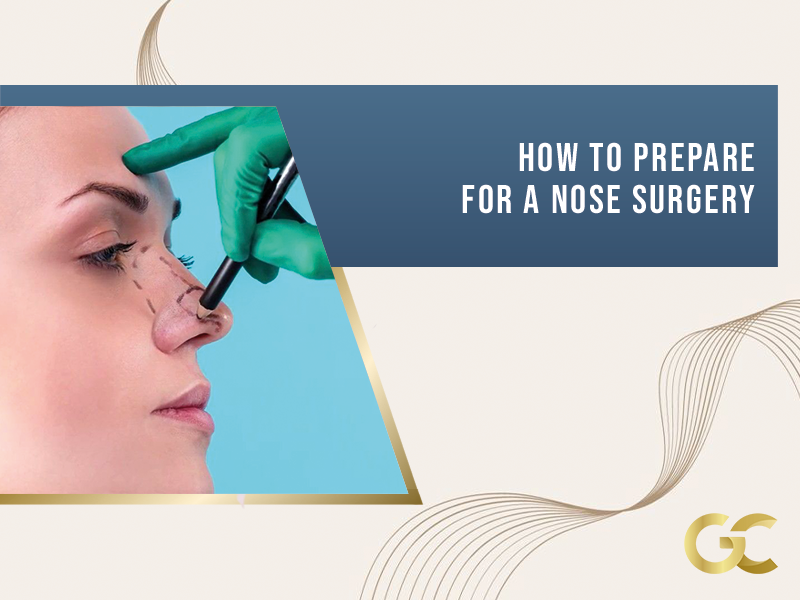Rhinoplasty—or more commonly known as nose reshaping surgery, nose surgery, or nose job—is a kind of plastic surgery. In this type of surgery, the aim is to improve the overall looks and proportions of the nose. Sometimes people get rhinoplasty to breathe better.
Before you come in to undergo a rhinoplasty procedure, we may ask you to:
- Get certain laboratory tests
- Stop smoking awhile before the operation (also after the operations as well)
- Make adjustments on the medication you take (aspirin and anti-inflammation medications are especially harmful to a surgical procedure)
Also, be sure to have someone accompany you at least throughout the first night after the operation.
How to Prepare for Your Nose Surgery Consultation
Before you come in for the pre-op consultation, prepare yourself to talk about:
- What you expect out of your nose surgery (it applies both for when you are getting nose surgery for breathing issues or cosmetic alteration)
- Your medical history, medication you are taking, medication you are allergic to, and conditions you are getting treatment for
- Your (vitamin, mineral) supplement intake (also alcohol, drug, and tobacco use habits)
Our surgeon can also evaluate how well your general health is or how preexisting conditions can impact your procedure. Your consultation is your chance to communicate with our doctors about your concerns and questions. Prepare your own questions about the things you are curious about as well.
It is of utmost importance for us to explain all details about the procedure before you undergo the procedure. It is quite usual for patients to feel a bit anxious and excited. We advise our patients to share their feelings about their anticipated outcome or preoperative stress. Please do not hesitate to discuss your feelings and concerns with us, especially with our doctors.
What to Expect during Recovery
After the operation is complete, we may put a splint or a supporting appendage either inside or outside your nose. The swelling will go away on its own after a couple of weeks. And it may take up to a year to heal and blend in completely. During this first year, expect to see changes over time as your nose takes its final shape. Also, patients often report that swelling is more pronounced during the morning.
We will give you certain information and instructions about how to tend to the surgical sites. If you need more medication, our centre will provide them for you as well. On top of this, we will tell you about certain precautions you can take for your overall health too.

